Introduction
What Is Sleep Apnea?
Sleep apnea is a common condition that affects millions of Americans. The chronic breathing disorder in which one repeatedly stops breathing during the night may be due to a partial or complete obstruction (or collapse) of the upper airway, typically affecting the base of the tongue and the soft palate.
It also may occur due to a depressed signal from the brainstem to initiate a breath. These events last 10 seconds or longer, and may occur hundreds of times per night. Someone with sleep apnea may experience loud snoring, brief pauses in breathing, and intermittent gasping. During apnea events, the oxygen level of the blood drops, the heart rate increases, and sleep becomes disrupted as the affected person wakes up to resume breathing.
The effects of sleep apnea can have significant consequences on one's sleep quality, daytime function, and overall health.
Types
Types of Sleep Apnea
Sleep apnea is a generic term that includes any disorder that causes pauses in breathing during sleep. It may affect someone at any age, but the prevalence of sleep apnea increases beyond middle age. There are three main types of sleep anpea, which include the following:
- Obstructive Sleep Apnea
- Central Sleep Apnea
- Complex Sleep Apnea
Sleep apnea is not the only problem that can lead to difficulties breathing during sleep. There are a few other problems that do not cause a complete pause in the breathing but may still be problematic, such as snoring, Catathrenia (sleep groaning), or Upper Airway Resistance Syndrome (UARS).
It is also important to recognize that oxygen levels may drop during sleep if lung function is compromised due to pulmonary disease, and this would require distinct treatment.
Symptoms
Sleep Apnea Symptoms
Aside from the pauses in breathing which are typical of the disorder, there are many other common symptoms in sleep apnea. These symptoms may include:
- Loud, chronic snoring
- Choking or gasping during sleep
- Witnessed pauses in breathing during sleep
- Waking frequently to urinate (nocturia)
- Teeth grinding or clenching (bruxism)
- Dry throat or mouth upon awakening
- Nocturnal palpitations or a racing heart rate
- Night sweats
- Nocturnal heartburn
- Frequent nighttime awakenings and insomnia
- Excessive daytime sleepiness
- Morning headache
- Short-term memory or learning problems
- Feeling irritable
- Poor concentration or attention
- Changes in mood, including depression
Not all of these symptoms must be present for the condition to occur, and children with sleep apnea may present with different complaints like growth problems, attention deficit hyperactivity disorder, and restless sleep.
Causes
Causes
There are a few common causes of obstructive sleep apnea, and these situations could also make existing sleep apnea worse, including:
- Being overweight or obese (including a large neck size)
- Abnormal upper airway anatomy (including a deviated septum)
- Using medications, drugs, or alcohol
- Aging
- Sleeping on the back
- REM or dreaming sleep
- Smoking
In addition, central sleep apnea may occur due to a stroke, heart failure, or the use of narcotic or opioid pain medications. Complex sleep apnea occurs with certain treatments.
Sleep apnea is actually relatively common. When sleep apnea is defined as having more than five apneic events per hour, then some 22% of men and 17% of woman would be afflicted with sleep apnea.
If someone will develop sleep apnea, they will typically do so by age 65. It is more common among men.
Diagnosis
Diagnosis
The diagnosis of sleep apnea often depends on a careful history and physical examination by a qualified, board-certified sleep medicine physician. In general, either a home sleep apnea test or an attended diagnostic polysomnogram that is done in a testing center are the only tests required to diagnose sleep apnea. Further testing is accomplished using a set of standard diagnostic tests, potentially including:
- Polysomnography
- Home Sleep Apnea Test
- Multiple Sleep Latency Testing (MSLT)
- Maintenance of Wakefulness Test (MWT)
- Overnight Oximetry
- Epworth Sleepiness Scale
- Sleep Log
Treatment and Complications
Treatment
There are several types of treatment for sleep apnea - it often takes trying different treatments (or a combination of treatments) to find what works. Some common treatments include the following:
- Continuous positive airway pressure (CPAP). Most individuals who seek treatment are put through this process, which requires choosing a CPAP mask. The mask provides a flow of pressurized air to open your airways while you sleep. In addition, it is important to keep your CPAP clean.
- Bilevel positive airway pressure (BiPAP). Similar to a CPAP, a BiPAP is also sometimes used. The difference here is that two types of pressurized air are provided through a mask (one type of air as you breathe in, the other as you breathe out).
- Chinstrap. Accommodations such as these can help to prevent mouth breathing. Chinstraps are sometimes used in addition to CPAPs.
For those who cannot tolerate CPAP, there are some alternative treatments to CPAP. These may include oral appliances, positional therapy, or surgeries.
In some cases, when excessive daytime sleepiness persists despite treatment, stimulants such as Ritalin, Provigil, and Nuvigil may be necessary to treat the sleepiness. Even quirky alternatives such as playing the didgeridoo have been shown to be an effective treatment. Some individuals may find benefits from caffeine or even scheduled naps. As always, individuals with sleep disorders benefit from observing better sleep guidelines.
Complications
There can be serious consequences -even lethal ones-to untreated sleep apnea. These include:
- Stroke or transient ischemic attacks
- Coronary heart disease
- Heart failure
- Irregular heartbeat
- Heart attack
- High blood pressure
- Heartburn and reflux
- Diabetes
- Erectile dysfunction
- Concentration and memory problems (dementia)
- Depression
- Sudden death
There are separate consequences of sleep apnea in children, which may include hyperactivity, slowed growth, and decreased intelligence.

